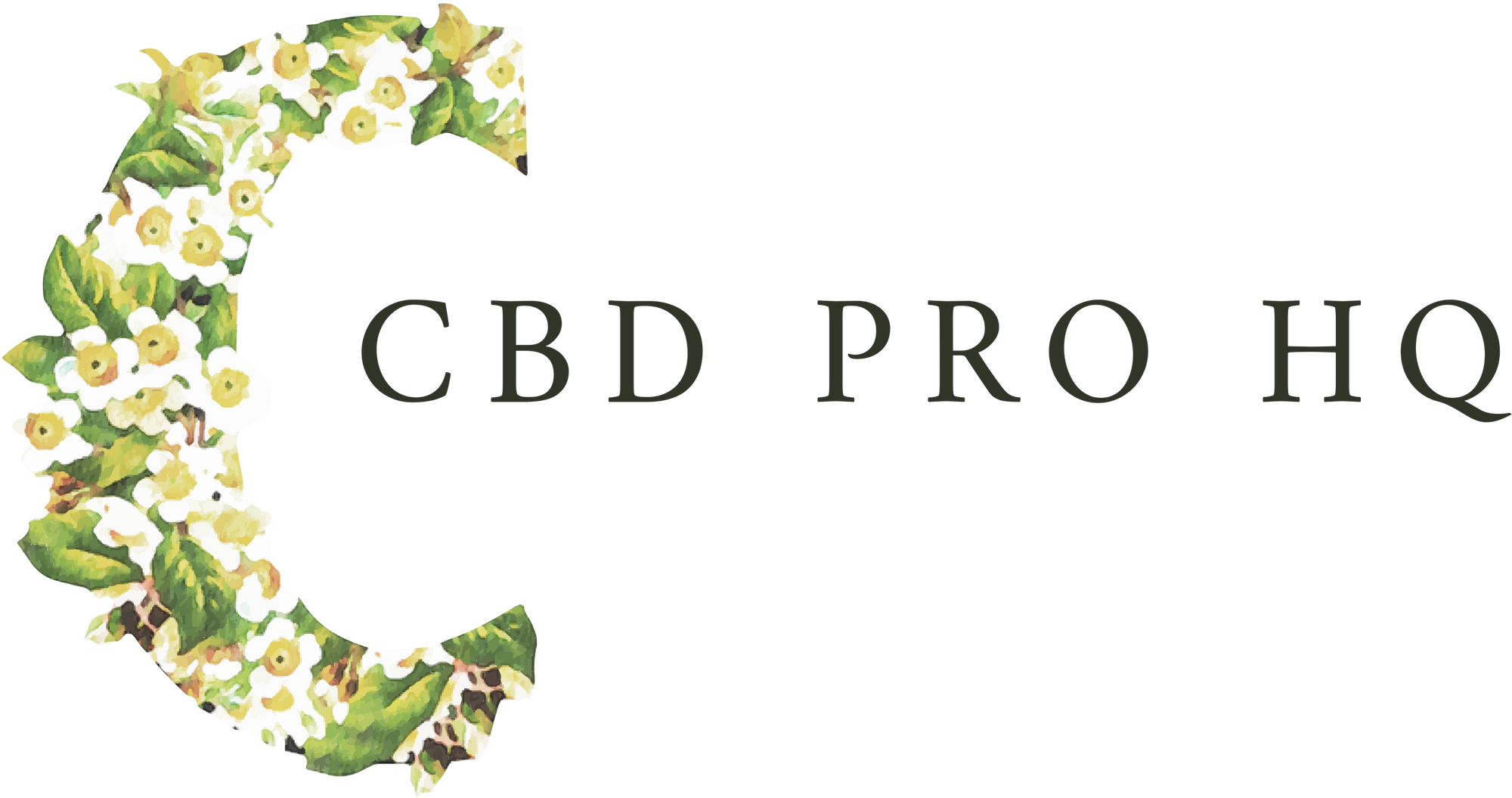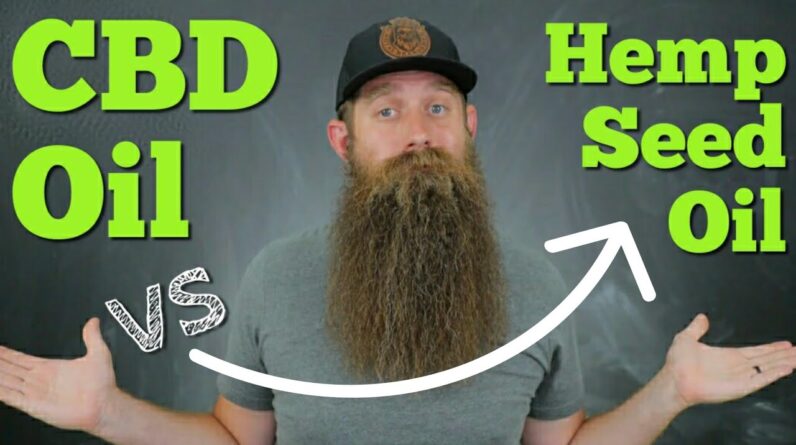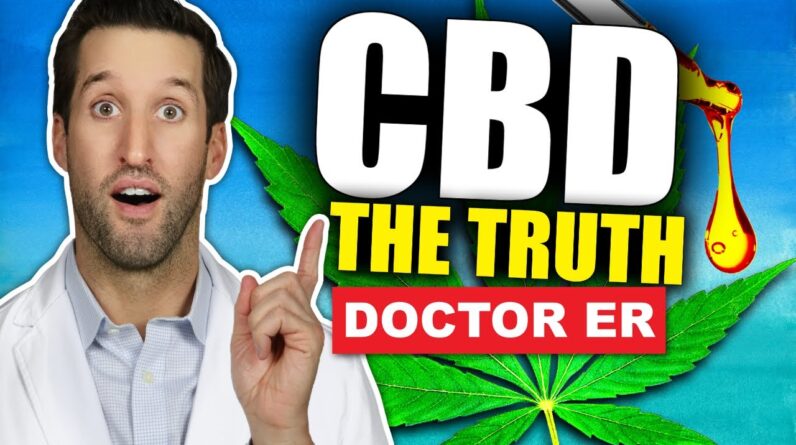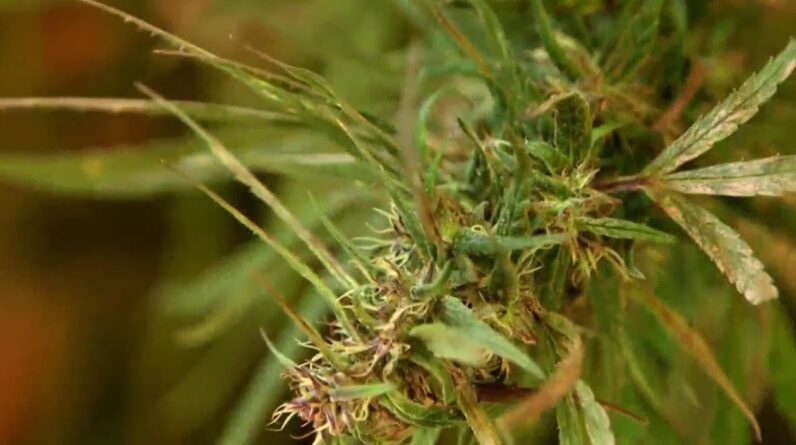
Understanding CBD Oil: What is it, its benefits, and legality
What is CBD oil?
CBD oil, or cannabidiol oil, is an oil derived from the cannabis plant. Cannabis sativa has two main species: hemp, which doesn’t get you high, and marijuana, which does. The distinction between them is based on the levels of THC (tetrahydrocannabinol) in the plant. If the cannabis plant has less than 0.3% THC, it’s considered a hemp plant, and if it has more than 0.3% THC, it’s seen as a marijuana plant.
CBD oil usually comes from the hemp plant, meaning it contains minimal to no THC and doesn’t produce a high. CBD interacts with the endocannabinoid system in our body, which governs several processes like our immune system, pain receptors, and mood.
Health benefits and safety
The FDA has approved a pure CBD oil called Epidiolex to treat rare forms of pediatric seizure disorders, signalling its potential efficacy. However, the current medical literature on CBD oil remains limited, with many small scale studies and anecdotal accounts showing its potential benefits in the reduction of pain, anxiety, and depression. Larger scale randomised controlled trials are still needed for more conclusive evidence.
In terms of safety, the most significant safety study has been done for Epidiolex. While no major adverse outcomes have been reported, some studies have noted that CBD oil can interfere with liver function and blood thinners or antiseizure medications.
Legality of CBD oil
In 2018, the United States 2018 Farm Bill made hemp and hemp-related products like CBD oil federally legal, as long as they contain less than 0.3% THC. However, it’s crucial to review your state guidelines for any additional legal stipulations.
Buying CBD oil
When purchasing CBD oil, consider the following factors:
1. Extraction method: CO2 extraction is safer and healthier than other methods like solvent or ethanol extraction.
2. Batch testing: The product should have a lab analysis from a third party to ensure proper CBD and THC content and no contaminants.
3. Purity: Look for products certified by government-regulated agencies, such as USDA organic certification or Good Manufacturing Practices certification.
4. Types of CBD oil: This includes full-spectrum (all components of the plant, including minimal THC), broad-spectrum (no THC but with other plant components), and purified CBD oil (only CBD).
As a consumer, be cautious about the products you choose. Some companies that provide lab-tested and certified CBD oils include NuLeaf for a full-spectrum oil and Joy Organics for a broad-spectrum oil.
Remember that this article is not intended as medical advice, but rather to inform and educate consumers on CBD oil’s potential benefits, safety, and legal guidelines. Consult with a healthcare professional before starting any new treatments or supplements.






